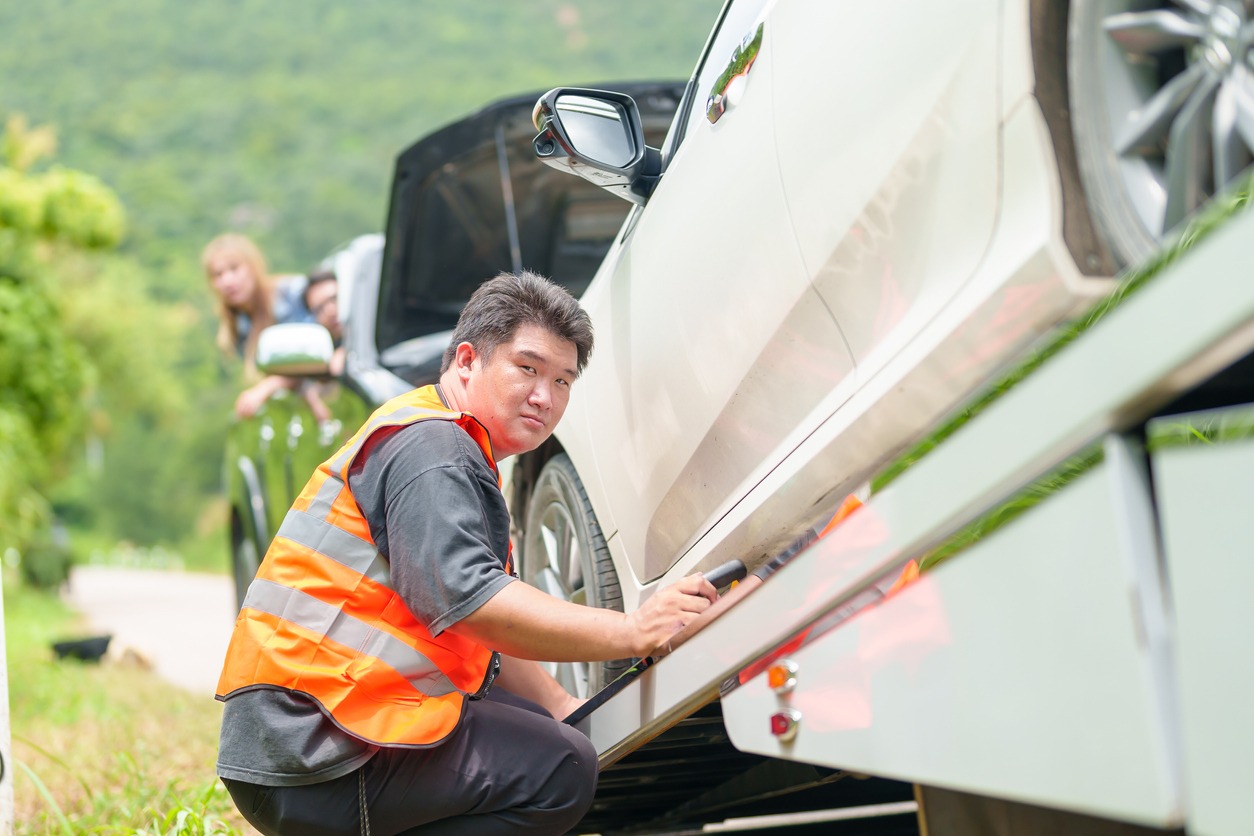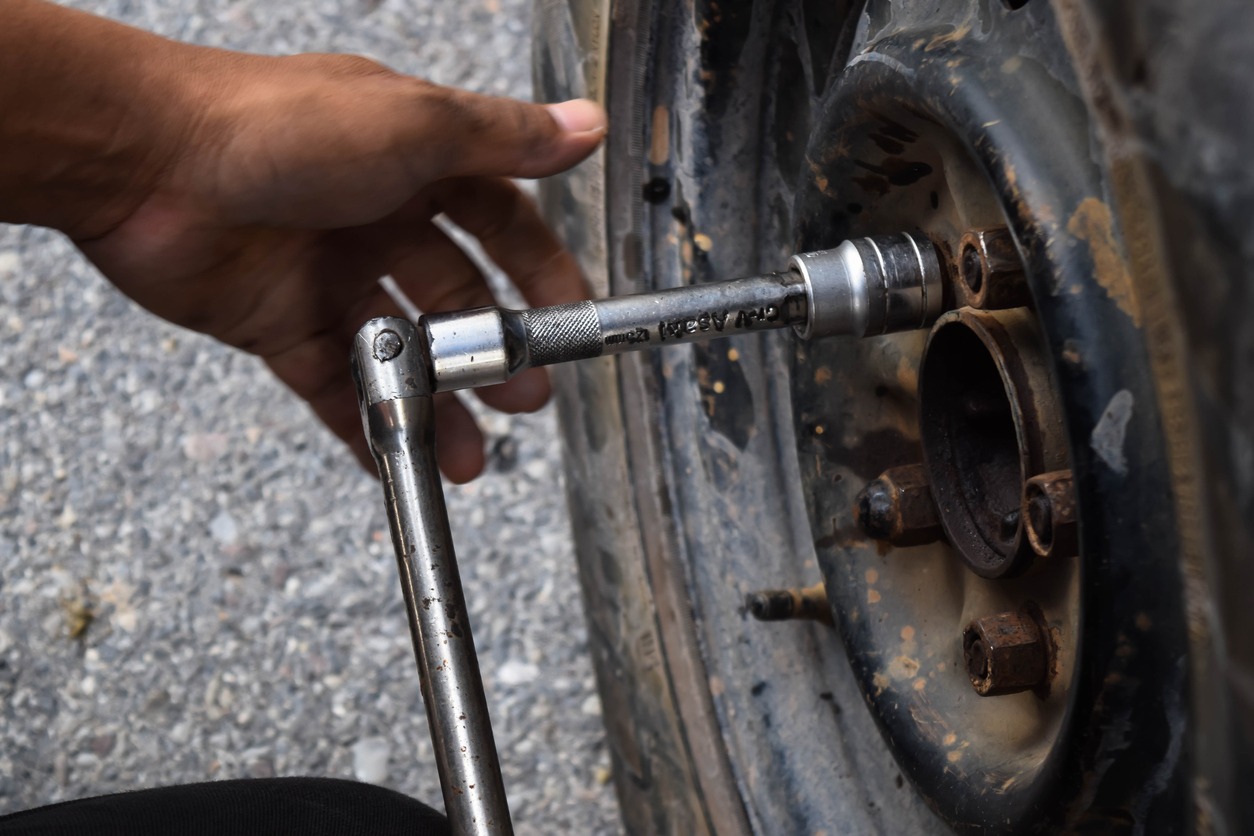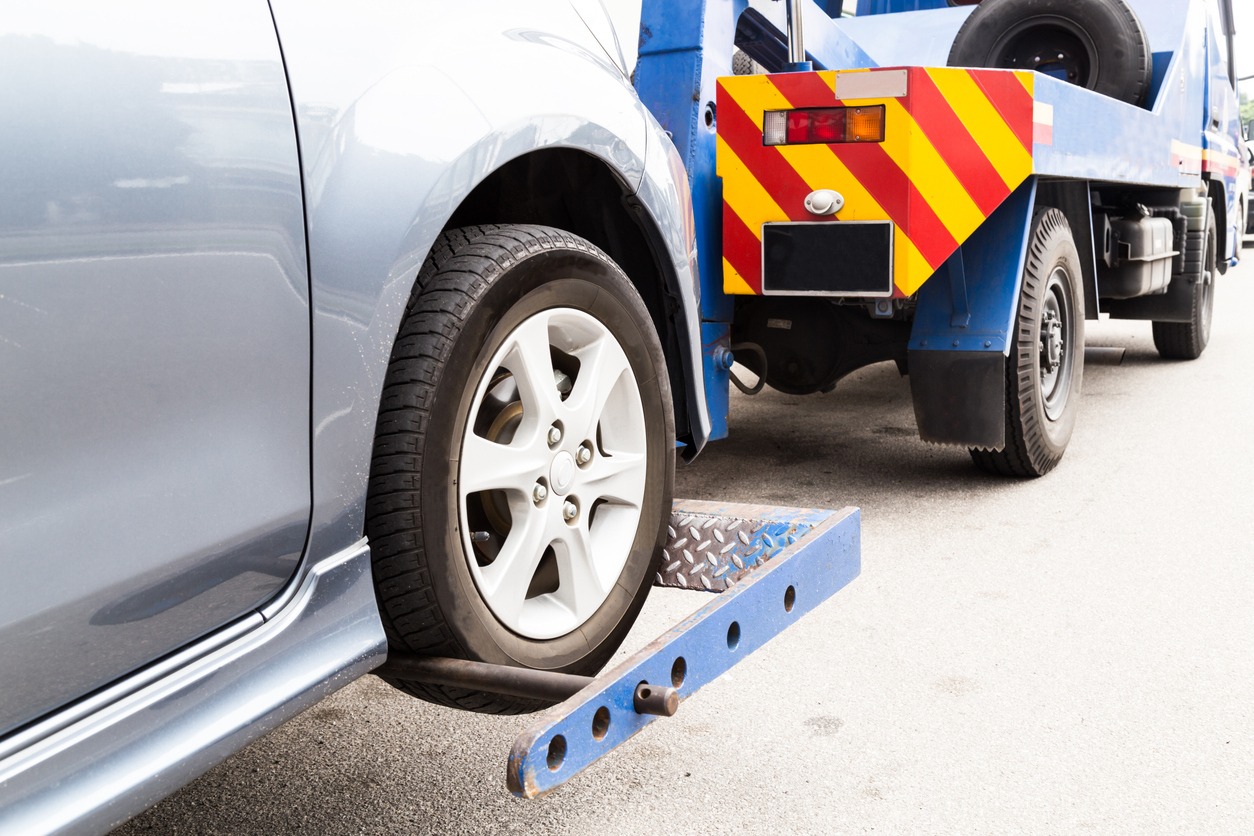Does your vehicle break down or experiences a mechanical failure? Or are you in a desperate situation to relocate to your new house? Or just wanting to hit the road for a weekend camping? Whatever the reason may be, driving a vehicle with an additional set of wheels connected to its rear is significantly different from driving the vehicle alone. Towing can be an intimidating experience, especially for beginners or those returning to it after a hiatus. On those different situations, ensuring safety should be your top priority. Towing involves various components, including the driver, tow vehicle, and trailer, all of which play a crucial role in the towing experience.
To help you tow safely and protect yourself, your vehicle, and others on the road, here are the top tips to keep in mind:
1. Importance of Pre-Departure Inspection: Ensuring Safety Before You Go
Before you hit the road with a towed vehicle, it’s important to prioritize safety by conducting a thorough pre-departure inspection. Here are a few crucial measures to keep in mind:
Check tire pressure – take the time to inspect and ensure proper tire inflation on both your tow vehicle and the trailer, including the spare tire. Adequate tire pressure is crucial for optimal handling and helps prevent the risk of tire blowouts, which can be dangerous while towing.
Verify wheel lug nut tightness – confirm that the lug nuts or bolts on the tow vehicle’s wheels are securely tightened to the recommended torque. Loose lug nuts can lead to wheel detachment, posing a significant safety hazard. By ensuring the lug nuts are properly tightened, you can have peace of mind during your journey.
Secure items in the trailer – prior to departure, thoroughly check and secure all items inside the trailer. Securely fasten and tie down any cargo or belongings to prevent shifting during transit. Unsecured items can not only affect the balance and stability of the towing setup but also potentially damage the items or compromise safety if they become loose or dislodged.
Test lights and signals – it is crucial to ensure that all lights and signals on both the tow vehicle and the trailer are in proper working order, especially during low light conditions or at night. Additionally, certain state laws mandate that the towed vehicle and trailer must have functional running lights, brake lights, turn signals, and hazard lights. For example, in California, the state law requires trailers to be equipped with reflectors and license plate lights. Adequate lighting not only enhances your visibility but also enables other drivers to anticipate your actions, promoting safer interactions on the road.
2. Tire Maintenance Tips for Safe Towing:
Maintaining the tires is vital for safe towing. To ensure their optimal condition, follow these tips:
Visual inspection – regularly inspect the tires for any irregularities, such as cracking or stress. Pay special attention to the trailer tires, especially if they have been stored outdoors and unused for an extended period, as they may show signs of dry rot and cracking. Remember to consider the additional set of wheels on the towed vehicle alongside the tow vehicle itself. Proper tire inflation, following the manufacturer’s guidelines, should be a priority. If you detect any issues during the inspection, it may be necessary to replace the tires. Additionally, consider storing the trailer in a shaded area or covering the tires to shield them from sun damage. By following these tire maintenance practices, you can ensure safer and more reliable towing.
Understand load capacity – familiarize yourself with the load capacity of your tires. Ensure that the tires on your trailer meet or exceed the load requirements specified in the owner’s manual, online information, placards, or by contacting the dealer. This guideline helps maintain stability and control during towing. It is crucial to ensure proper weight distribution for stability, so load your trailer with at least 60% of the weight towards the front. If that’s not the case, it may be worth considering towing your vehicle alongside a heavier load or exploring the option of renting a different vehicle capable of accommodating the additional weight.
3. Mastering Stopping Distance: Braking Considerations when Towing
In the event of braking with a towed vehicle, there are several important factors to keep in mind. Firstly, it’s crucial to understand that towing necessitates an increased stopping distance for your vehicle. Even if your trailer has brakes, if they are applicable, your tow vehicle will still require a greater distance to come to a complete stop. To ensure safety, it is essential to maintain a safe following distance and refrain from frequent or hard braking. These practices can prevent issues like overheating and the subsequent reduction in brake effectiveness. By being mindful of these considerations, you can enhance the overall safety of your towing experience.
4. Handling Sway: Proper Techniques for Dealing with Trailer Sway
Effectively managing trailer sway is paramount to ensuring a safe towing experience. When faced with trailer sway, it is crucial to respond appropriately. One vital tip is to avoid turning the steering wheel, as doing so can further escalate the sway. Instead, ease off the accelerator and brake pedals, enabling the tow vehicle and trailer to regain stability naturally. If your trailer is equipped with brakes, apply them gently to assist in stabilization. Maintaining focus on the road and avoiding distractions while driving is essential to minimize the likelihood of sway occurring.
5. Additional Considerations for Safe Towing
In addition to the tips mentioned earlier, take into account the following suggestions:
- Hitching and loading – understand the appropriate hitch system for your trailer and ensure proper attachment. Safety chains provide extra defense in case of a coupler failure. Proper loading, with attention to weight distribution and secure cargo fastening, prevents trailer instability. Follow the loading guidelines provided in the trailer owner’s manual for weight distribution and cargo securement.
- Select the right tow vehicle and trailer combination – know the tow rating of your vehicle and never exceed it. The size and weight of the towed object can impact the performance and handling of the combination.
- Trailer maintenance – regularly inspect and maintain your trailer and its components. Worn or broken parts can compromise safety and control.
Conclusion:
By adhering to the valuable tips provided, you can significantly improve your overall towing experience while prioritizing safety for both yourself and other road users. However, it is important to note that every vehicle and towing setup may have specific requirements and regulations that should be considered. Therefore, it is advisable to consult your vehicle’s owner manual, which often contains important information and guidelines related to towing capacity, equipment, and recommended practices. Additionally, familiarize yourself with local towing regulations, as different jurisdictions may have specific rules and restrictions regarding towing. By taking these extra steps and gathering the necessary information, you can ensure that you are towing in accordance with the manufacturer’s recommendations and local laws, promoting a safe and trouble-free towing experience.


